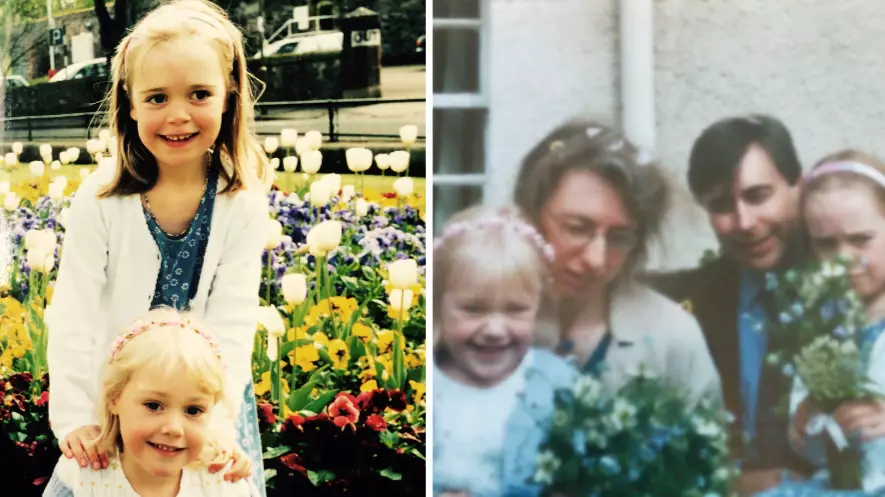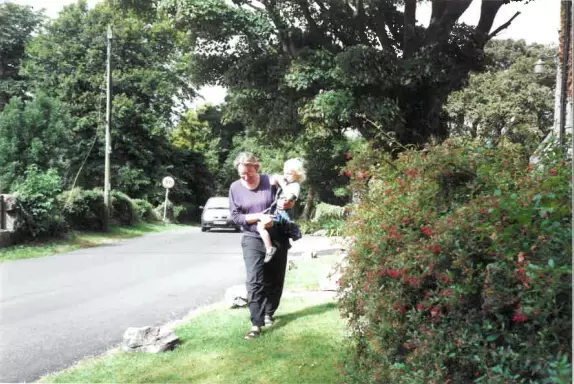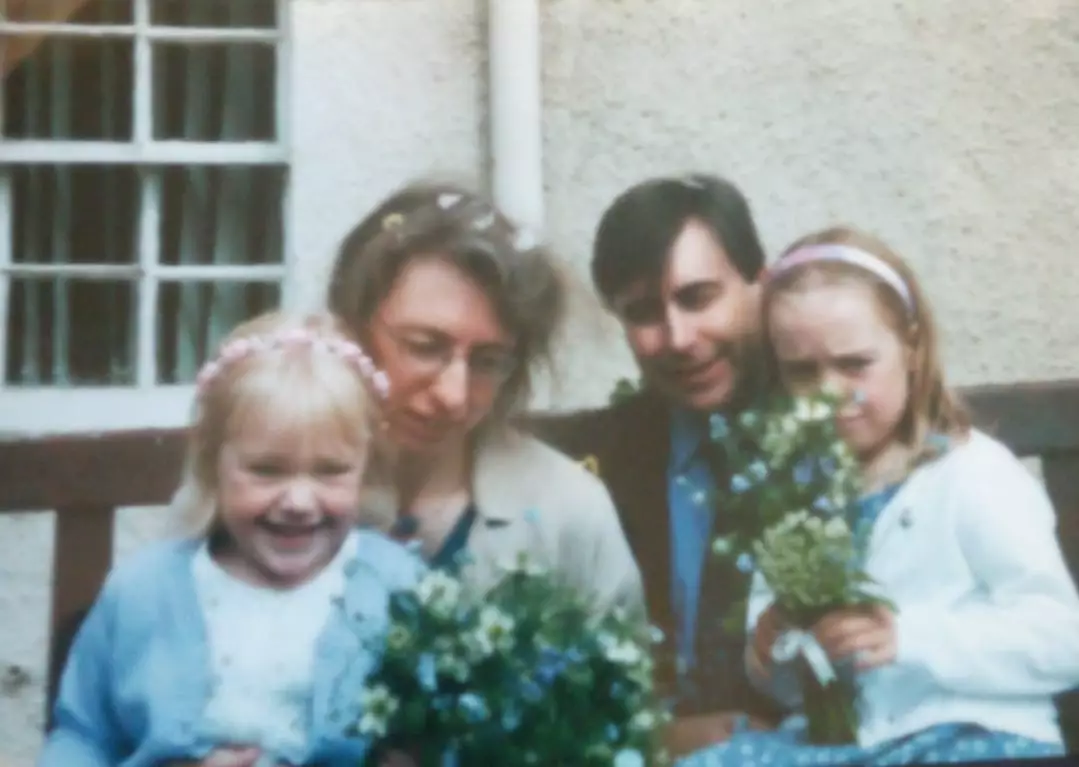
Words by Kezia Rice
On 22nd March 2020, countless families were kept apart on Mother's Day as the covid-19 pandemic swept the country. People shared emotional posts on Instagram about this enforced separation, lamenting not being able to spend the day with their mums.
I scrolled past these posts, unmoved. While I could understand the pain of those separated from elderly parents in care homes, for most of them it was just the one Mother's Day spent apart; for most people, normal service would resume next year.
My mum died from cancer when I was 17, and in the seven years since, I've had to become used to Mother's Day without her.
The anniversary of my mum's death in August and her birthday in December sometimes trigger moments of sadness, but often the dates pass by and I barely acknowledge them.

But Mother's Day, with its aggressive marketing campaigns and gushing social media tributes, is impossible to ignore. Mother's Day gift guides are published with increasing frequency on the online magazines I ordinarily love to browse; the comment "Oh, I still need to buy a Mother's Day card!" becomes more frequent in conversation.
I normally bury any resentment about not having a mother deep in the pit of my stomach. But at this time of year, the feeling reappears and curdles like sour milk, growing more bitter as Mother's Day approaches and I'm reminded of what I no longer have.
My mum's death left me in shock, but I occupied myself with my final year of school; studying for A levels, doing endless extra-curricular activities and applying for university. I would feel okay - happy, even - for a couple of weeks at a time, before reality cut through the distraction I'd created for myself, and I would begin crying and not know how to stop.

I was never more acutely aware of my loss than during the three years I spent at university not long after my mum died. Most of my fellow students were unaware of my family situation, and whilst my university years were a great education in everything from writing essays to stretching my night-out budget to include both Jager bombs and cheesy chips, one thing I never quite mastered was how to broach the subject of my mum's death.
In the lead up to Mother's Day, even the most casual of comments about needing to buy a present or book a restaurant would make my heart rate speed up and leave me searching for an excuse to leave the room. On reflection, I was probably less upset by the comments themselves, and more panicked that the conversation might swing in my direction and I would have no contribution to make.
I asked psychotherapist Rachel Buchan what advice she has for those struggling with Mother's Day. She told me, "First, beavered people on Mother's Day covers a wide spectrum of individuals. It's important to know there's no 'rules' as to who feels grief on Mother's Day, or why."
For people with no reason to celebrate, Mother's Day can often feel glaringly empty. Rachel advised me, "Think about what would feel right for you to do on the day. Are you someone who would like to spend the day with other people because that will help? Or you may be someone who wants to spend time alone, thinking about your loss, doing a specific ritual or just being with yourself."

What has surprised me about coping with Mother's Day is the extent to which even those close to me don't realise that even mere mentions of the day can be so painful. A couple of years ago, one of my closest friends texted me, "I can't hang out on the weekend, with Mother's Day and everything." She probably thought she was simply outlining the practicalities of her plans, but she just made me more painfully aware of the emptiness my upcoming Sunday held.
Because I am for the most part quite hardened towards the realities of my mum's death, I think even my close friends don't realise that Mother's Day is one of the few elements of my grief in which I feel as raw and vulnerable as I did in the first months after my mum died. When it comes to this particular day, I will always be 17 years young, unable to comprehend that I no longer have a mother. Rachel told me to be open with those around me: "If it feels right, tell people you'll see on the day that you find Mother's Day tough."
Rachel's final reassurance was advice I definitely needed to hear: "There is no 'place' you need to get to on Mother's Day where you don't feel these things anymore and Mother's Day is 'fine' or 'not as bad as it used to be'. It may always be difficult in various ways, and that's okay."
Featured Image Credit: Kezia Rice